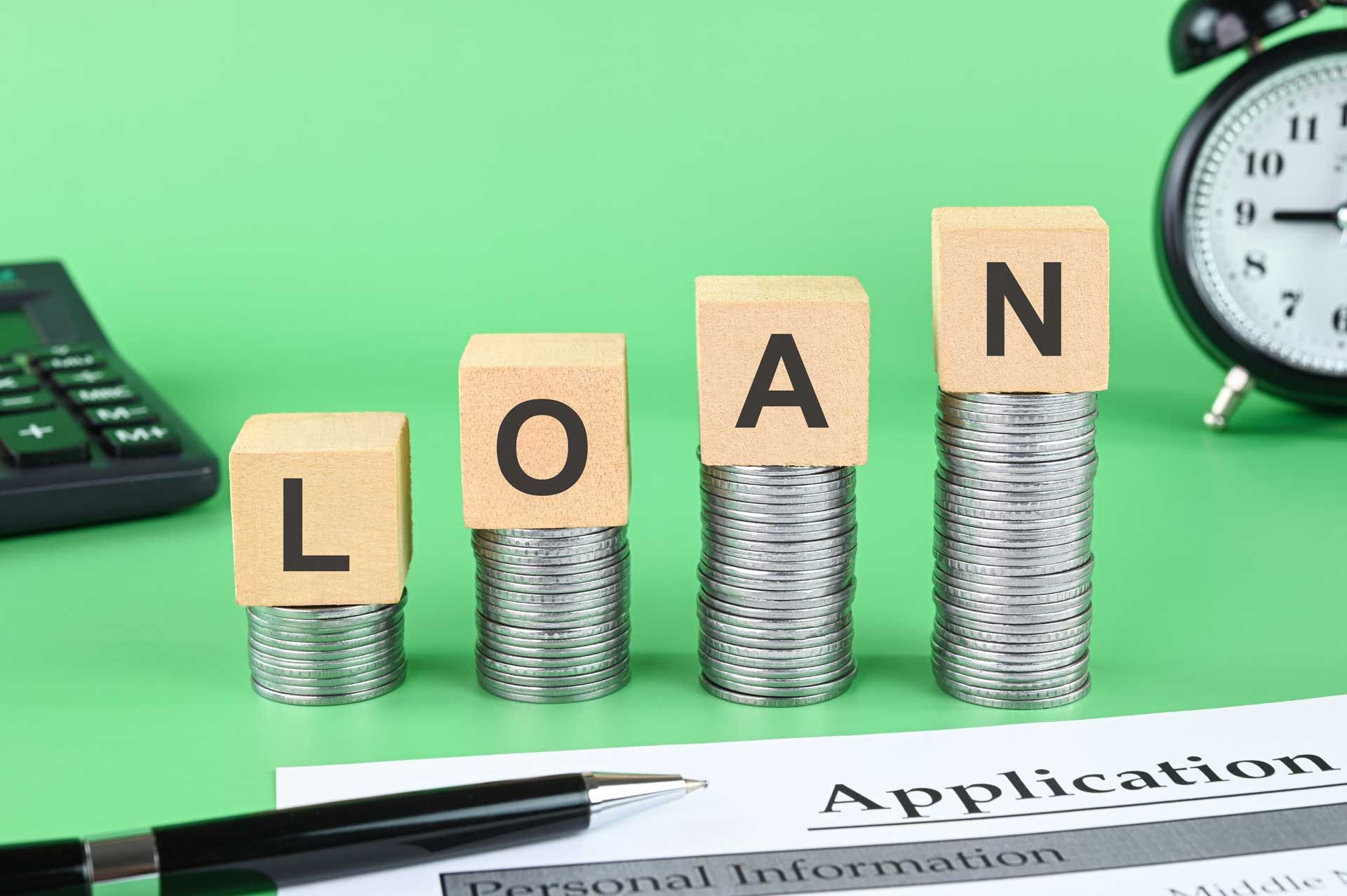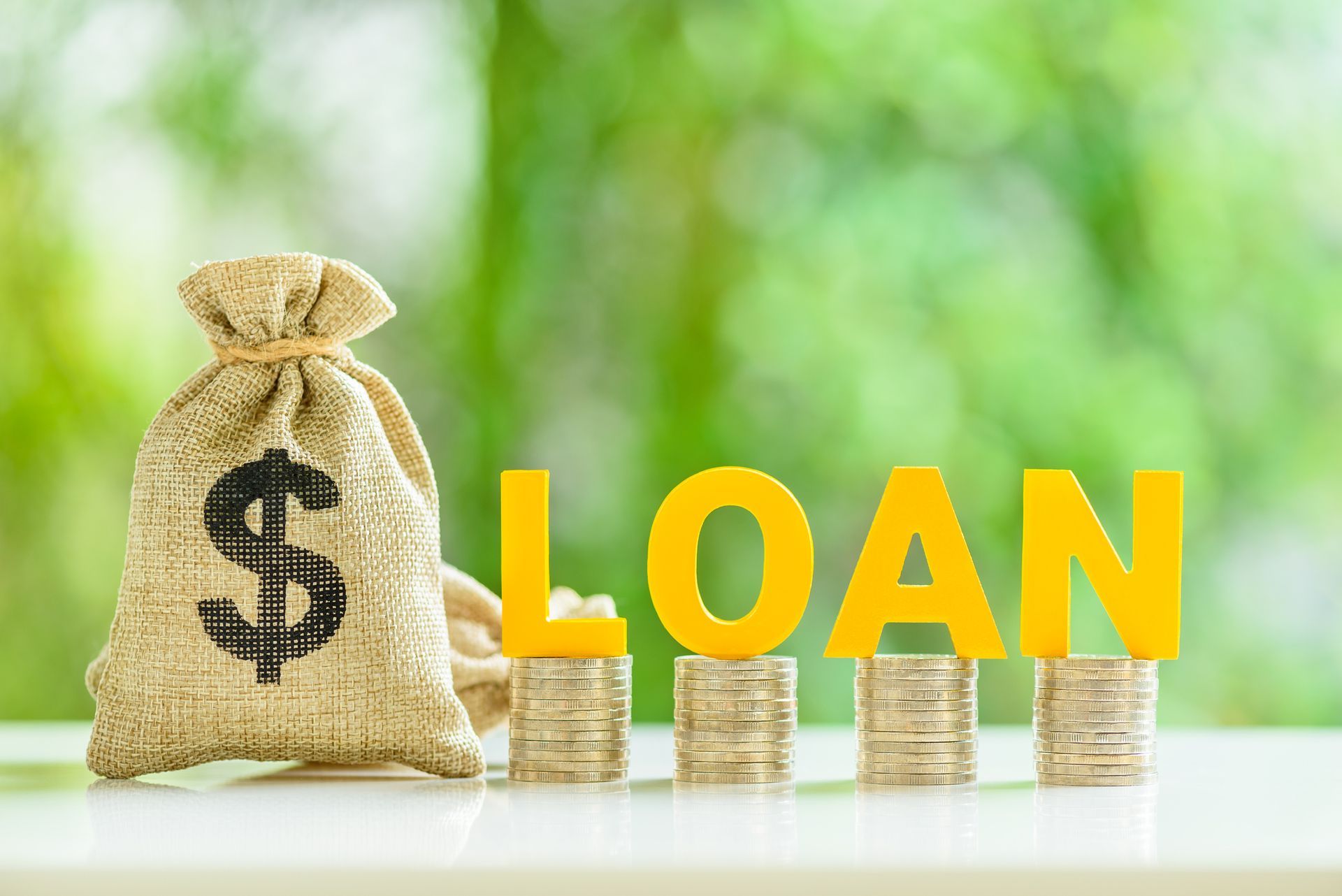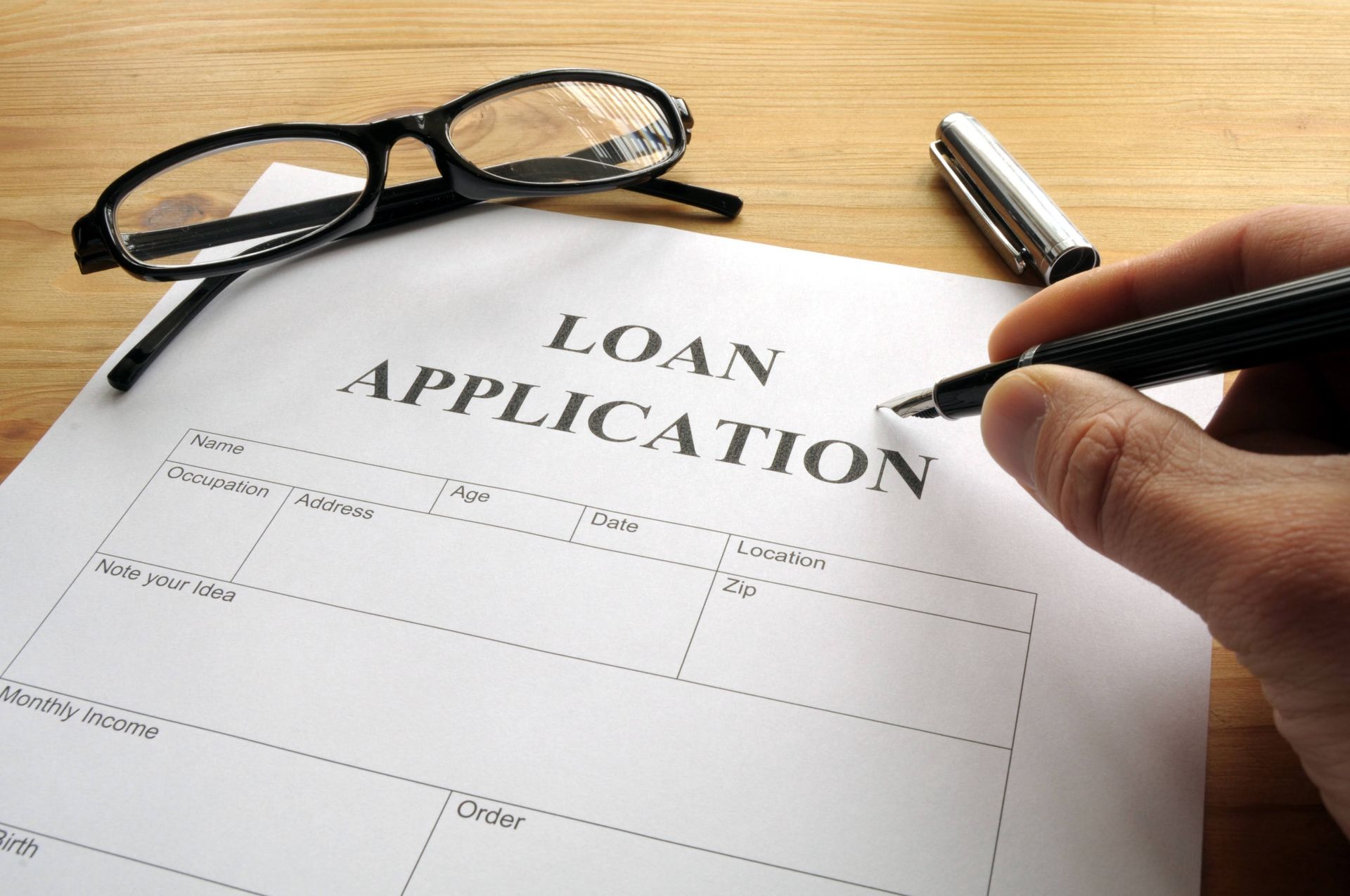What Factors Affect Personal Loan Interest Rates?
Personal loans offer limitless benefits, especially for individuals looking to settle emergency bills, consolidate debts, or make large purchases. Still, despite the numerous perks of this loan type, some individuals are skeptical about personal loans, primarily due to fear of interest rates.
However, personal loan costs can vary from one lender to the other, with various factors playing critical roles in determining how much interest you pay for a loan. Discover some of the factors that influence personal loan interest rates so you can make sound choices.
Your Credit Score
Ideally, the credit score represents your payment history, your timeliness of making payments, credit utilization, and whether or not you have any accounts that have charged off. A high credit score shows you have an excellent repayment history, so lenders can use that information to conclude that you are a safe borrower. In return, you are eligible for a lower interest rate.
On the other hand, if you have a poor credit score, lenders may see that as a red flag. To be safe, the lender could deny the loan or charge you a high interest rate to cater to the loan if you fail to repay.
Your Income
Your income could be a primary factor in determining the interest rate on your loan. As such, your source of income may determine your interest.
For example, if you have a stable income, perhaps from a full-time job or established business, you will likely qualify for the best interest rates. On the other hand, if you depend on seasonal jobs or recently started a small business, the lender may see you as a high-risk borrower and give you high interest rates.
Besides the stability of your income, the lender may consider the income amount to judge your repayment capacity.
Your Debt-to-Income Ratio
The debt-to-income ratio represents the amount of your income you spend on debts. This ratio says a lot about your financial management and how likely you are to make your loan payments as agreed.
For example, suppose you earn a monthly income of $500 and spend $100 of this amount to settle debts each month. In that case, your debt-to-income ratio will be 20%. Depending on the type of personal loan you intend to apply for, this ratio is attractive and will likely earn you a decent interest rate.
Most mortgage lenders require a debt-to-income ratio of 43% and below. Therefore, if your ratio is 50%, you may be subject to higher interest rates.
Note that fixing this ratio is most easily done by decreasing your debts, not seeking to increase your income.
Your Reason for Seeking a Loan
How you intend to use your loan may influence the lender's decision to offer you a high or low interest rate. The reason is that some lenders advertise their loans for specific uses.
For example, if you want a loan to consolidate a debt or pay an emergency bill, the lender might consider you more than a borrower looking for the same loan to fund a home improvement project. So, if you want to enjoy the best interest deals, take your time to compare different personal loans and their interest rates, then settle with one that aligns with your purpose.
By working with the factors above, you don't have to spend more than you can comfortably afford on personal loan interest rates. The secret is to pay off your debts on time and to have different income sources to be perceived as a low-risk borrower. You may also go for amortized personal loans, in which most of your initial payment goes to interest, so you don't have to worry about interest accumulation.
You can trust us at Ardmore Finances for personal loans with affordable interest rates. We understand that every borrower has varying needs, so we will assess yours before offering the best repayment plan. Contact us for a consultation.









